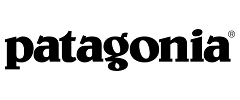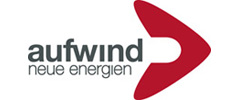WECF symposium on substitution of hazardous chemicals
27.04.2009 | Environmentalexpert.com
A symposium, addressing the issue of substitution of hazardous chemicals, was held in the Dutch capital the Hague in April. The meeting, organised by HEAL member Women in Europe for a Common Future (WECF) and the Dutch Ministry of the Environment in cooperation with employers union VNO/NCW and the chemical industry, sought to address how to facilitate the replacement of harmful chemicals from everyday products.
Read more here and here
Within the new European Chemicals Regulation - REACH - a list of chemicals used for authentication and possible substitutes is being created. In addition to REACH, there is an official short list of the European Chemical Agency (ECHA), and an alternative list created by civil society - the 'Substitute It Now' list, or the 'SIN List'. The latter is compiled by the Swedish ChemSec, together with several environmental organizations, including HEAL. The European Trade Union Movement also has a list of substances of very high concern that needs to and can be replaced.
During the conference examples of successful cases of substitution of high-concern chemicals were brought to the floor by companies such as Sara Lee, Fred Butler, Sony Ericsson and Unilever. Discussion focused on how to involve more companies in chemicals substitution, and what supportive infrastructure is needed from industry, civil society, consumers and governments.
There were also presentations from the NGO community - Gavin ten Tuscher, Health Care Without Harm, spoke about DEHP in PVC and health effects on babies/children and Nardono Nimpuno from ChemSec presented the SIN List and European NGO priorities.
Representatives from the chemicals industry were there en masse, with strong opposition to the NGO-lists coming from the chlorine and bromine industry. Their representatives Dolf Van Wijk, Manager Environmental Sciences at Euro Chlor and Willem Hofland from ICL-IP Europe BD, connected to Dead Sea Bromine Group argued that their products saved lives and were safe for use.
Sascha Gabizon from WECF, who chaired the event, concluded that whilst there are positive examples coming from industry which need to be rewarded, the matter of chemical substitution is an urgent one. She urged ministries to factor the risks of chemicals into their public procurement policies.
































